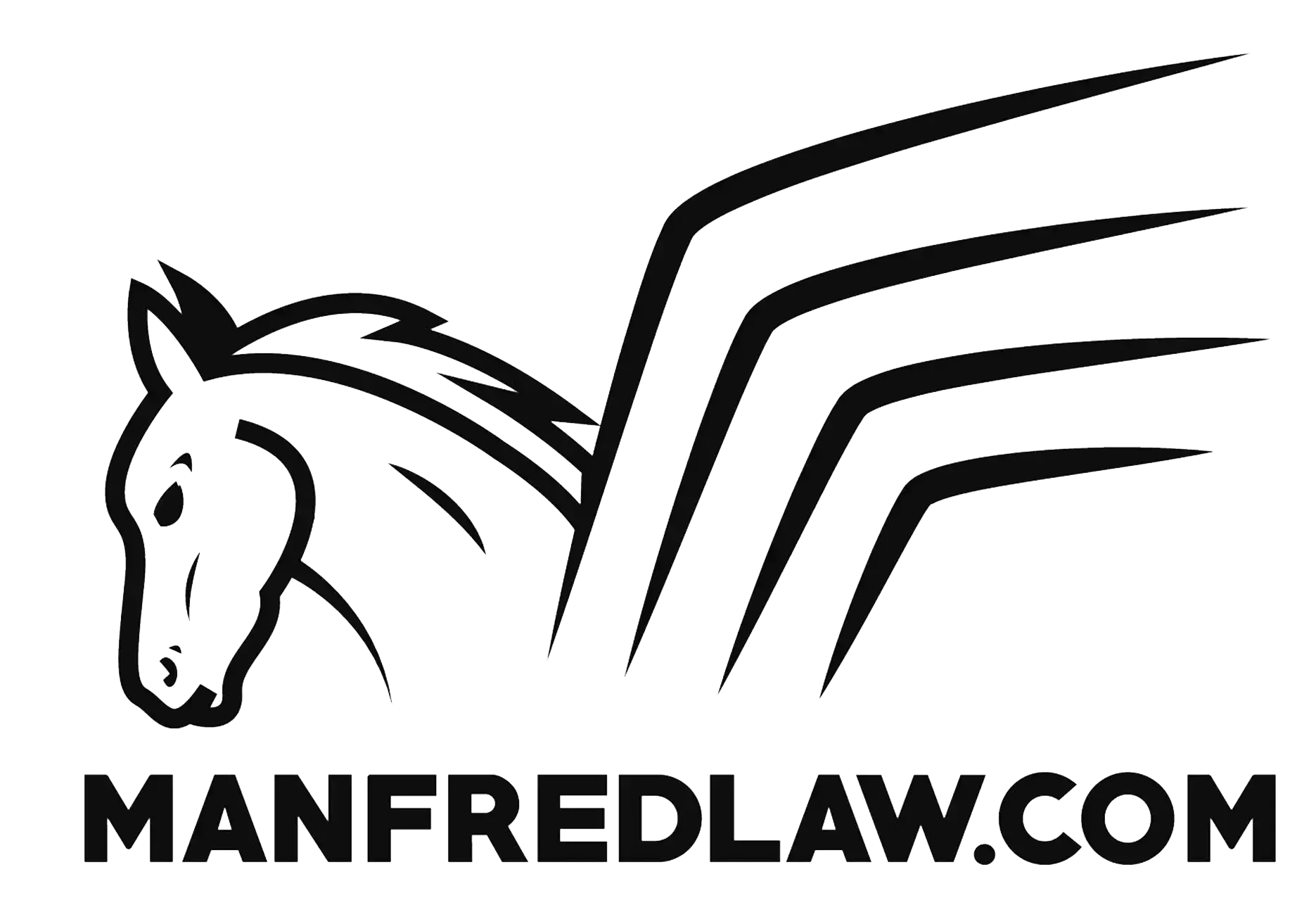Supreme Court Strikes Down “Equity Theft”
Supreme Court Strikes Down “Equity Theft”
on Tax Liens in Landmark Case

Tyler v. Hennepin County, 143 S. Ct. 1369 (May 25, 2023)
Getting behind on your mortgage or taxes is stressful and frightening, particularly when your home is seized for a tax sale. Some assume that in the end, they’ll get anything over what they owe in a forced sale. The local government can’t keep that money, can they? But that’s often the case and exactly what happened to a 94-year-old grandmother, Miss Geraldine Tyler of Hennepin County, Minnesota.
The Property Seizure
Ms. Tyler owned a condo in Hennepin County and owed about $15,000 in back taxes plus interest and fees. The county seized her condo and sold it for $40,000. However, instead of allowing Ms. Tyler to recover the excess proceeds from the sale, about $25,000, the county kept the proceeds, citing Minnesota law that allowed local governments to keep excess proceeds from tax sales. Ms. Tyler filed suit alleging that the county kept the excess proceeds of her property in violation of the Takings Clause of the Fifth Amendment and the Excess Fines Clause of the Eight Amendment. The district court dismissed the case, and the Eighth Circuit affirmed the dismissal.
"The taxpayer must render unto Caesar what is Caesar’s, but no more.”
Ms. Hennepin took her case all the way to the Supreme Court of the United States, and the Court agreed with her, holding that “Hennepin County’s retention of the excess value of her home above her tax debt violated the Takings Clause.” The “Takings Clause” of the Fifth Amendment states, “private property [shall not] be taken for public use, without just compensation.” According to the Supreme Court, this is based on the principle that the government can’t take more than a taxpayer owes and stretches back to the Magna Carta in the 13th century.
What does the Tyler v. Hennepin County decision mean for Texans? Until now, Minnesota and 14 other states allowed local governments to keep excess funds from tax sales. But the Supreme Court has struck down “equity theft” no matter where you live on the basis of centuries of common law and the federal constitution.
For now, it may be better to leave the champagne on ice. Common law, principals of equity, and due process are just part of the equation. Tyler v. Hennepin’s Takings Clause analysis also looks at the internal consistency of state property laws to determine if there is any legislative gamesmanship at hand. Since states define the property laws in their respective jurisdictions, a tax authority’s ability to keep surplus funds after foreclosure also depends on the treatment of excess funds in other post-foreclosure situations.
In a nutshell, the Supreme Court is more likely to cry foul when a state manipulates and distorts property law to promote the confiscation, or escheat, of surplus funds after foreclosure sale. Conversely, when state law does not guarantee the right to surplus funds in other, non-tax contexts, then the Supreme Court is inclined to see escheat as constitutional as long as former homeowners have at least some chance, at some point, to claim the excess funds. In Texas, the rightful former property owner must establish a claim for excess tax sale proceeds within two years of foreclosure.
You Need an Experienced Texas Surplus Funds Recovery Attorney
If you’ve lost your home in a tax sale in Texas, there are several issues that could impact your rights. This is not a process you should try to navigate alone. Understanding potential hiccups can save valuable time since most former homeowners do not even learn about their right to submit a claim until it's too late. Seeing the potential for red flags is not always a straight-forward process, but our experts can help you get your money as quickly as possible. Call the experienced surplus funds recovery attorneys at Manfred Law today at (713) 547-5460, or contact us online to request a consultation.









